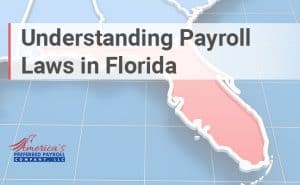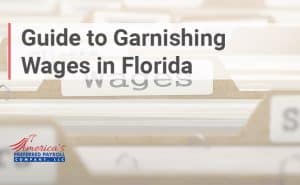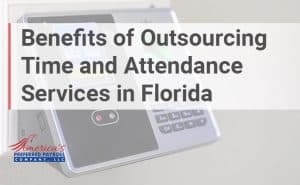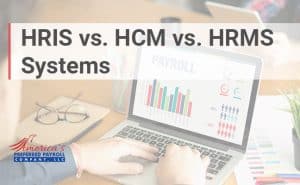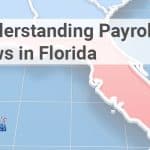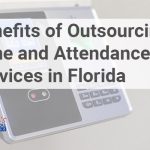The Affordable Care Act, commonly referred to as Obamacare, is a law passed more than a decade ago to reform healthcare in the United States. Often referred to by the acronym of ACA, the law altered the healthcare and business landscape. In particular, the ACA poses a wide array of challenges for businesses.
General ACA Requirements
Much has been made of the ACA requirement that businesses with 50 or more employees who work full-time or the equivalent of full-time offer health insurance to those individuals. The failure of such companies to offer health insurance to employees has the potential to lead to a financial penalty. Furthermore, the law mandates that health insurance plans meet specific requirements in terms of benefits, prescription drugs, hospitalizations, and physician visits.
The ACA also bars businesses and other organizations from discriminating against workers due to their health conditions. Coverage cannot be denied to employees who have pre-existing conditions. Nor can comparably high premiums be charged to such employees.
Adhere to Reporting Requirements
The requirements for ACA reporting are detailed on forms 1095 and 1094. Such details are necessary for compliance with the pay or play rules of the law. Entities required to report ACA information must do so toward the start of the calendar year for the year gone by.
Reporting entities are defined in Section 6055 as employers that are self-insuring and offer the minimum of required healthcare insurance necessary to trigger the mandatory reporting to the IRS as well as covered employees. This is just one example of the subtle nuances of the language pertaining to entities that must meet reporting requirements defined by the ACA.
Meet all Deadlines
The federal government has established strict reporting deadlines for entities required to report ACA-related information. As an example, forms 1095-B and 1094-B are to be provided to the IRS with all requested information by February 28 or the last day of March if the filing is performed online. There is also a January 31 deadline for providing form 1095-B to the appropriate parties, whether they are current employees, worked for the company at an earlier point, or are a related individuals as identified on the application.
The IRS also requires the filing of form 1095-C to be provided to full-time employees by the last day of January. The same form, along with form 1094-C, are to be submitted each year by March 31 when filing online or February 28 when filing traditionally.
Play or Pay Compliance
As noted above in the general requirements, employers that employ 50+ full-time people or the equivalent of such full-time workers are required to offer health insurance. The alternative to “playing” by offering such healthcare insurance is to pay a penalty for failure to comply. It is worth noting some small businesses and other entities that employ people might be subjected to the ACA requirements if they hit the threshold that triggers the mandatory offering of healthcare insurance when combined with other businesses through joint ownership or another connection.
FSA and HRA Compliance
Certain employers maintain health FSAs and/or HRAs that must conform to the requirements as detailed in the ACA. As an example, it is in every employer’s interest to analyze the HRA design options to find the optimal offering and satisfy all requirements pertaining to the plan design in full accordance with the ACA.
Eligible workers are to be provided with written notice a minimum of 90 days before the start of the plan year if HRA in the form of individual coverage or QSEHRA is offered. QSEHRA is an acronym short for Qualified Small Employer HRA. Employers are also required to confirm that their health FSA meets the requirements to qualify for status as an excepted benefit.
Additional Requirements
Employers are required to distribute appropriate rebates as provided by insurance companies. Rebates are to be sent to enrollees in all eligible plans. Furthermore, there is a deadline of September 30 for rebates to be provided to employer-policyholders. The lone exception is for employers that have their own self-insured arrangement. Employers that sponsor some self-insured plans are required to pay fees to cover PCORI, short for Patient-Centered Outcomes Research Institute, by filing form 720 by the final day of July.
We would be remiss not to mention that there is an extra withholding for high earners. The Medicare tax for such prosperous individuals requires that employers withhold 0.9% more tax on financial compensation provided to employees who earn more than $200,000 per year.
Contact America’s Preferred Payroll
Are you a business owner or manager? Whether you are a business veteran, launching a company of your own or poised to do so, America’s Preferred Payroll is at your service. Reach out to us today to find out more about our payroll specialists, benefits administration, and other services.


